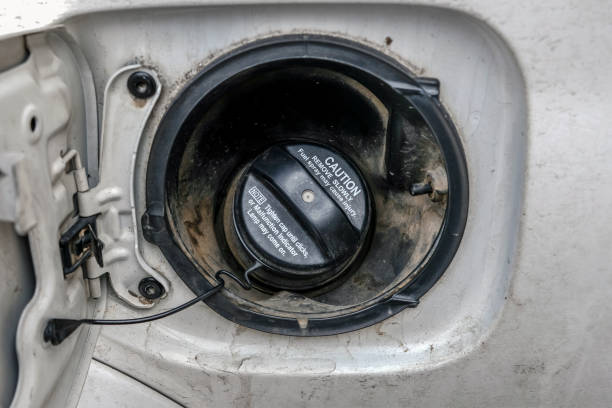Propane in the US Energy Shift

Navigating the Path Towards a Sustainable Energy Mix
As the United States embarks on a significant transition towards more sustainable and renewable energy sources, propane emerges as a pivotal player in this energy shift. Here, we delve into propane’s role in America’s journey toward energy sustainability, highlighting its benefits, challenges, and potential for integration into a greener energy landscape.
Bridging the Gap to Renewables
Complement to Renewable Energy: Propane’s versatility and low carbon footprint make it an excellent complement to renewable energy sources. It can provide reliable energy when solar or wind power is unavailable, ensuring a consistent energy supply.
Reduced Emissions: Propane burns cleaner than other fossil fuels, emitting fewer pollutants and greenhouse gases. This makes it a transitional fuel to help reduce overall carbon emissions as the US moves towards a more renewable-centric energy model.
Advancing Rural and Off-Grid Energy Access
Energy for Remote Areas: Propane is particularly crucial for rural or off-grid areas with limited access to the primary energy grid. Its portability and storability enable a reliable energy supply, supporting communities and industries in remote locations.
Support for Agriculture: The agricultural sector benefits from propane’s efficiency and environmental profile, which it uses for heating, crop drying, and powering equipment. This supports sustainable farming practices and rural economies.
Enhancing Energy Security
Diversification of Energy Sources: Incorporating propane into America’s energy mix diversifies the country’s energy sources, enhancing energy security and reducing dependency on imported fuels.
Resilience in Energy Supply: Propane’s storability ensures that reserves can be maintained, offering resilience against supply disruptions caused by natural disasters or geopolitical tensions.
Challenges and Considerations
Infrastructure Development: Expanding propane’s role in the energy transition requires investment in infrastructure, including storage facilities, distribution networks, and refueling stations.
Regulatory and Policy Support: Aligning regulatory frameworks and policies to support propane’s integration into a sustainable energy strategy is crucial. Incentives for cleaner energy technologies and fuels can accelerate propane’s adoption.
The Future of Propane in Energy Innovation
Renewable Propane Development: Advances in producing renewable propane from bio-based sources present an opportunity to reduce emissions further and align with sustainability goals.
Technological Innovations: Innovations in propane applications, including advancements in propane-powered vehicles and integration with intelligent energy systems, can enhance propane’s efficiency and environmental performance.
A Strategic Role in the Energy Transition
Propane’s role in America’s energy transition is multifaceted, offering a bridge to renewables, enhancing energy security, and supporting rural and off-grid communities. The US can incorporate this versatile fuel into its sustainable energy future by leveraging propane’s benefits while addressing infrastructure and policy challenges. As the energy arena continues to shift, propane stands ready to contribute to a cleaner, more diverse, and resilient energy mix, playing a strategic role in the nation’s pursuit of energy sustainability.













